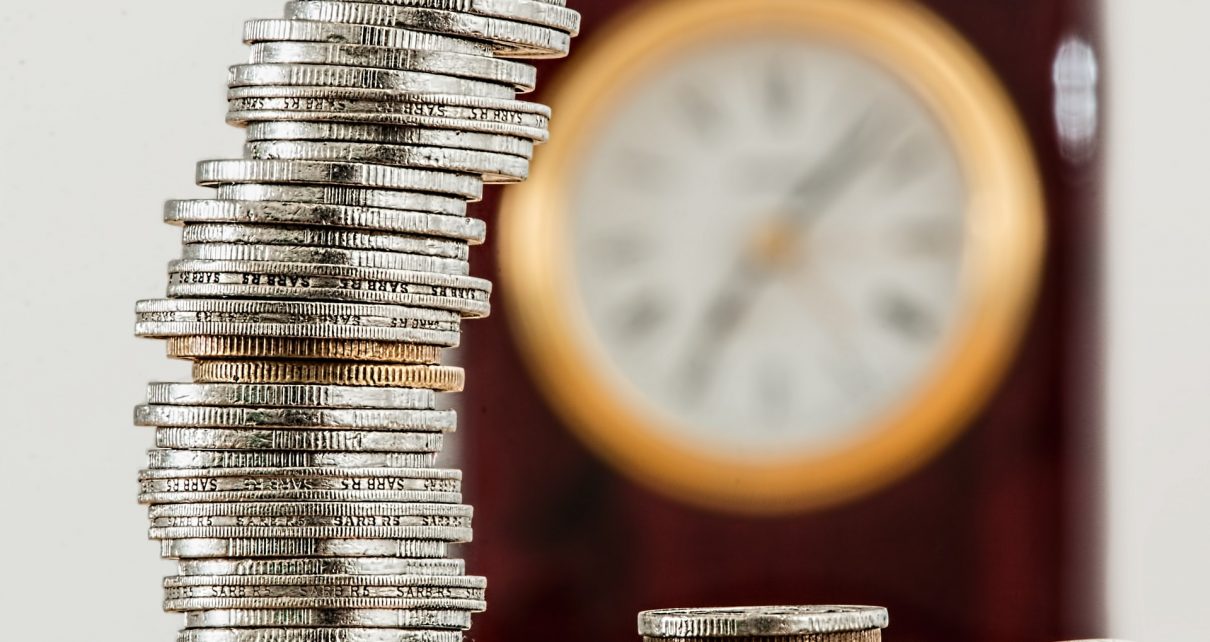When you walk into your local grocer’s, looking for one specific item and you pick that box of cereal off the shelf to go and pay at the counter, do you reckon you’re getting the full $2.30 worth of value out of that large box of cereal? If you walk into a bookstore and you buy a copy of the latest book by your favourite author, are you getting as much value out of that book as the money you pay for it?
If you get shown to a nice seat in your favourite restaurant and your order off the menu gets delivered in a reasonable amount of time, is the food you put in your mouth worth every penny you spent on it?
I quite purposefully offered what are perhaps three different types of purchases one would make for a reason. I want to spark the debate about what value really is – real value. More specifically, I’m leaning more towards pointing out that value is perceived and that what you really pay for whenever you buy is the perceived value in convenience. You’re paying for convenience more than anything else and there’s absolutely nothing wrong with it.
If you have a desire to be a little bit savvier with the manner in which you handle your money however, then this is a very important consideration. You’re one of a few people in the world who would like to be on the other side of the fence – on the side that has you gaining in value every time you deal with the transfer of money instead of losing value.
Going back to the example of eating in a restaurant, let’s say you’ve ordered a meal comprised out of a steak and fries (or chips, as they’re referred to in the UK). Break it down in terms of the costs of production – if you were to source the potatoes that went into the making of the fries as well as the portion of meat that went into the making of the steak directly, the costs would work out to a lot less than what you’re made to pay as part of the service you get at the restaurant with that meal.
You’re paying for convenience, otherwise it would probably cost you more to buy a full, live cow, slaughter it for that piece to go into the making of your steak, etc…
The convenience you’re paying for is indeed “convenient” because it would be impractical to go through that whole process every time you wanted a steak-and-chips meal, so it’s justified.
In those areas in your financial life where you can minimise the cost of this convenience, that’s what you should do. If you were to work out the costs of each individual item that goes into the typical selection of the Christmas gifts sold at Broadway Basketeers for example, this is when you’ll realise that it makes for one of very few cases in which the convenience you pay for matches the value you get. This is because sourcing those items individually would cost more than what they cost together as packaged and sold by the vendor for the intended purpose of gift-giving!
Look for more “deals” like these and you’ll be applying one of the best kept secrets of personal financial management put into practice by those who appear to enjoy a better life financially.



